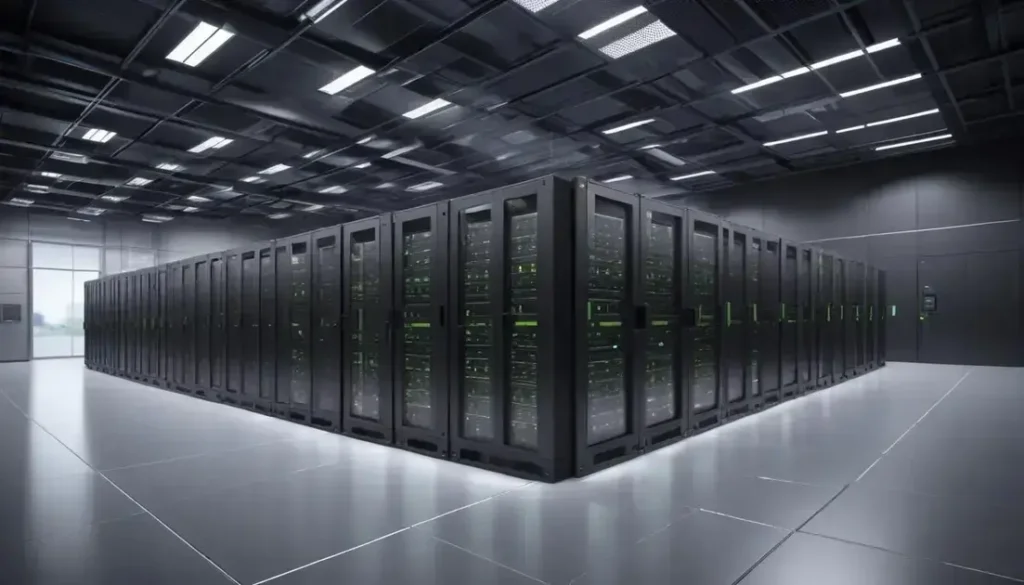Aedifion uses artificial intelligence to enhance building energy efficiency by optimising energy management and reducing costs, significantly supporting sustainability efforts in Australian businesses.
Aedifion is revolutionising the way buildings operate. Their AI-driven solutions present exciting opportunities for sustainable energy management in Australia.
The impact of AI on building energy efficiency innovations
Innovative advancements in artificial intelligence (AI) are reshaping the landscape of building energy efficiency. These technologies are enabling significant reductions in energy consumption while maximising performance. AI systems play a crucial role in monitoring real-time data, assessing energy usage patterns, and predicting future demands.
By utilising machine learning algorithms, buildings can adapt to changing conditions autonomously. This includes optimising heating, ventilation, and air conditioning (HVAC) settings, leading to enhanced comfort for occupants and reduced operational costs. Smart sensors can detect occupancy levels and adjust systems accordingly, ensuring that energy is only used when necessary.
The integration of AI with renewable energy sources marks a pivotal shift toward sustainability. Buildings equipped with these systems can effectively manage the energy supplied by solar panels or wind turbines, enhancing their overall efficiency. Furthermore, AI can assist in identifying opportunities for retrofitting older buildings, making them more energy efficient.
As we look to the future, the impact of AI on energy-efficient technologies continues to grow. It not only contributes to cost savings but also supports broader environmental goals by reducing carbon footprints. Adopting these intelligent systems is essential for organisations aiming to improve their energy performance and maintain competitiveness in a rapidly evolving market.
In summary, the role of AI in building energy efficiency
The impact of artificial intelligence on building energy efficiency is profound. As AI continues to advance, it offers innovative solutions that significantly reduce energy consumption and enhance overall performance.
By embracing these technologies, businesses can not only lower operational costs but also contribute positively to environmental sustainability. The use of smart sensors and adaptive systems showcases how AI enables buildings to function efficiently and responsively.
As more companies recognise the advantages of integrating AI into their energy management strategies, the potential for improved efficiency and lower carbon footprints will only increase. In today’s competitive landscape, leveraging AI is not just beneficial—it is becoming essential for success.
Frequently Asked Questions
What is the role of AI in building energy efficiency?
AI plays a crucial role in optimising energy use by monitoring consumption and making real-time adjustments to reduce waste and enhance performance.
How can businesses benefit from implementing smart energy management systems?
Businesses can lower operational costs, improve comfort for occupants, and contribute to sustainability goals by adopting smart energy management systems.
What are some examples of AI technologies used in buildings?
Examples include smart sensors for occupancy detection, predictive algorithms for energy usage, and machine learning for system optimisation.
Is AI technology costly for small to medium-sized businesses?
While initial costs can vary, AI technologies often lead to long-term savings by reducing energy bills and enhancing operational efficiency.
Can AI help in retrofitting older buildings for energy efficiency?
Yes, AI can identify key areas for improvement in older buildings, providing valuable insights on how to retrofit them effectively.
What are the environmental benefits of using AI in energy management?
Using AI can significantly reduce carbon footprints by optimising energy consumption, promoting the use of renewable resources, and enhancing overall sustainability.


